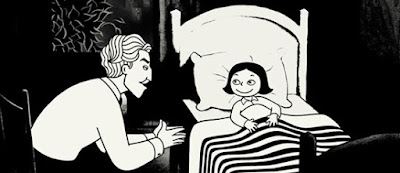Week 3 Persepolis Book Club

Hi everyone, I'm glad that I have the opportunity of talking with you guys and hearing different opinions about this book in the last two weeks. Although we didn't have time to discuss this book in the class this week, I'm glad that we have this blog for us to communicate with each other about this book. This book actually makes me reflect a lot about my own background. Here's my response to this week's questions. The theme of the novel and what it means to you? The themes of revolution and war are the two huge themes in this novel, pushing the story going on. Under these two themes, Marjane further talks about the topics of oppression from politics and religion, freedom, human rights, social justice, gender, and other issues. Although this book is about the culture and history of Iran, Marjane's story makes me reflect a lot on my country's history during the reading. My country also experienced a long history of social revolutions and w...